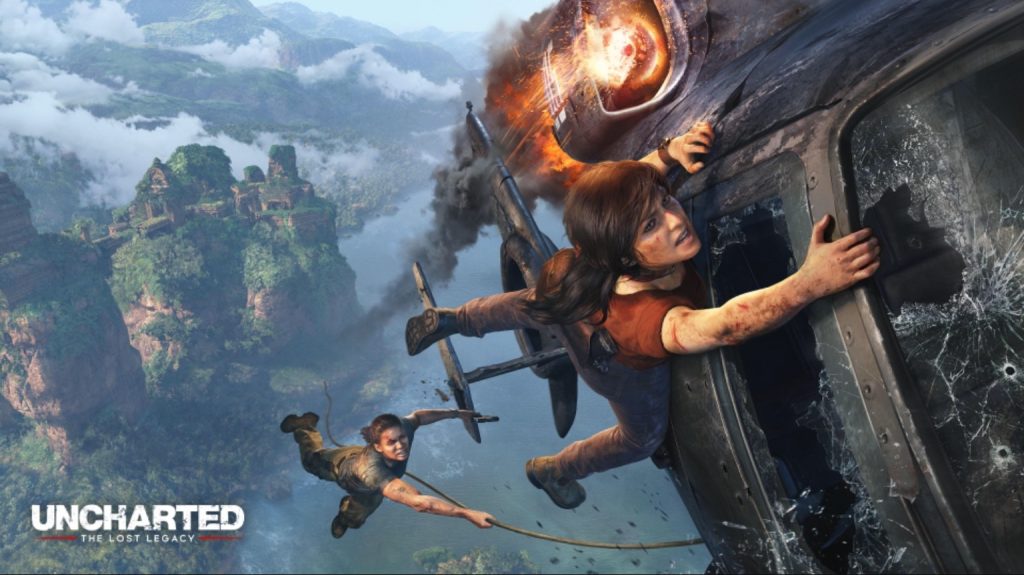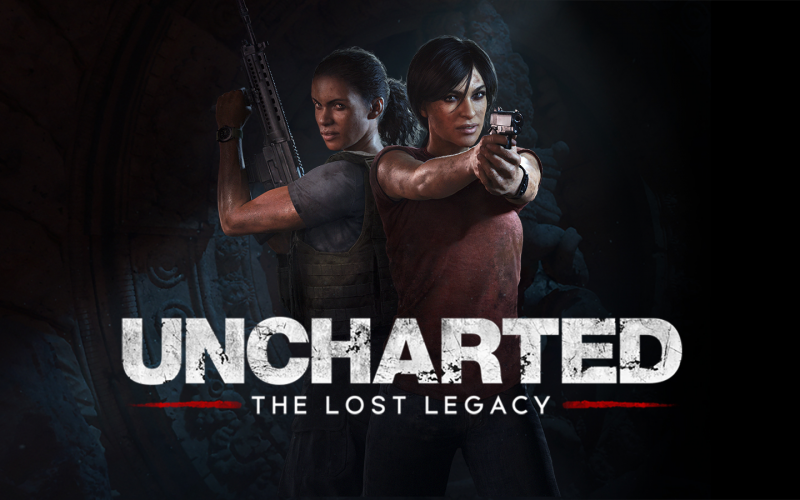Uncharted: The Lost Legacy (2017) – PlayStation 4 Review.
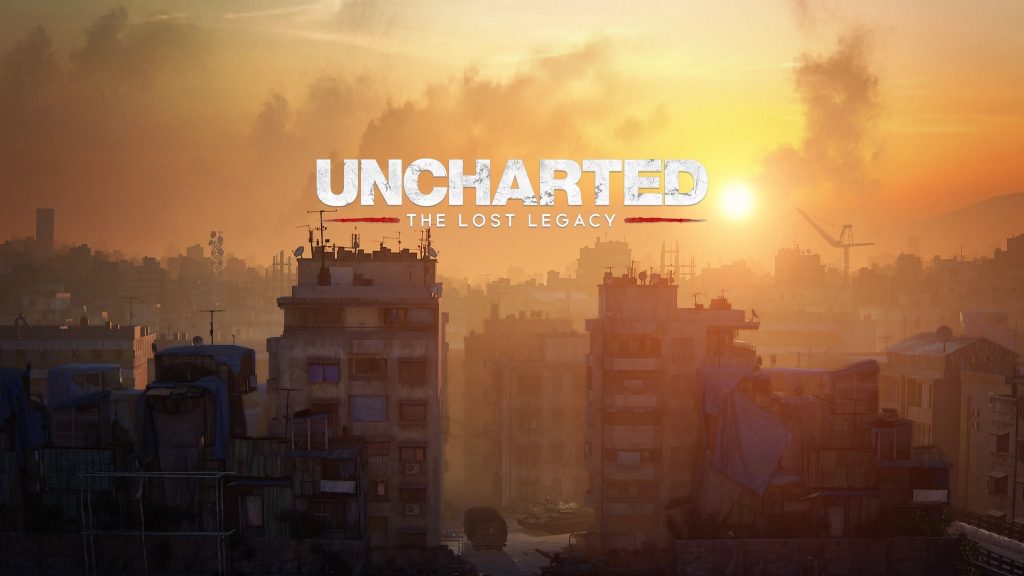
Uncharted: The Lost Legacy teases its climax on a number of occasions. The final three chapters all appear to be leading toward a fitting conclusion for a short tale in the beloved videogame franchise. However, the story pushes on, and it is impressively lengthy for what it’s advertised as. For the first time in the series, we’re pulled out of the shoes of series protagonist Nathan Drake and thrown into those of Uncharted 2 supporting character Chloe Fraser, whose Indian heritage shapes the premise of an adventure that exudes its own identity and stands out as one of the best examples of Naughty Dog’s talents.
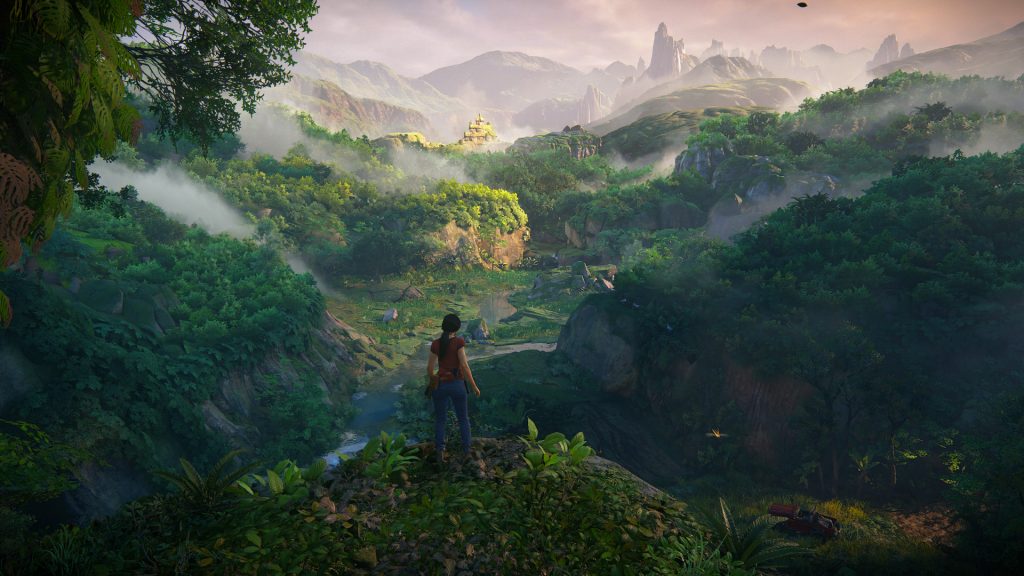
The developer is almost unrecognizable from its early days, when Crash Bandicoot was its magnum opus. Its life as an independent company (named JAM Software inc.) dates back to the late 1980s, but in 2001 it was acquired by Sony Entertainment. It was from here that they began their work on character platformers first with Crash (which spawned two sequels and a subsequent remaster earlier this year) and then with Jak and Daxter. Criticized for its habit of releasing one new series per console generation, 2013 saw it break the mould with its greatest success in The Last of Us, in many ways a sister series to Uncharted. It possesses a markedly darker tone and in some ways exists in a more grounded world, but in gameplay and visual style it is akin to its adventure-driven sibling.
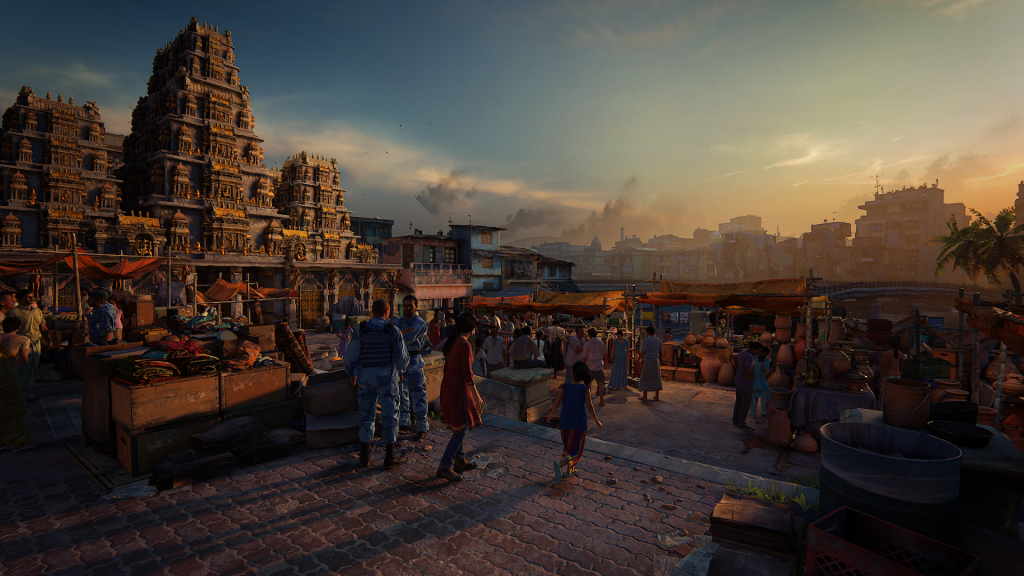
With The Lost Legacy, the adventure continues but it also expands on Naughty Dog’s latest trend. There’s a clear commitment to character that, while still prevalent in early Uncharted entries, sits well and truly at the fore of both Uncharted 4 and The Lost Legacy. From almost the beginning, Chloe is thrown into an Indian civil war, and we guide her through war-torn streets and across rooftops overlooking homes burning against a night sky. Soon after, everything shifts and we chart a course to a lush, bright, and stunning island setting. It’s nothing new to the franchise, and it’s very reminiscent of Uncharted: A Thief’s End. That said, it’s no less wondrous, and you’ll spend a good deal of time exploring the terrain and using the game’s photo mode to capture the glorious landscape from a number of angles. The motion capture performances of its cast (Claudia Black, Laura Bailey, Troy Baker, Usman Ally, and Tierra Rorls), additionally, are impeccable.
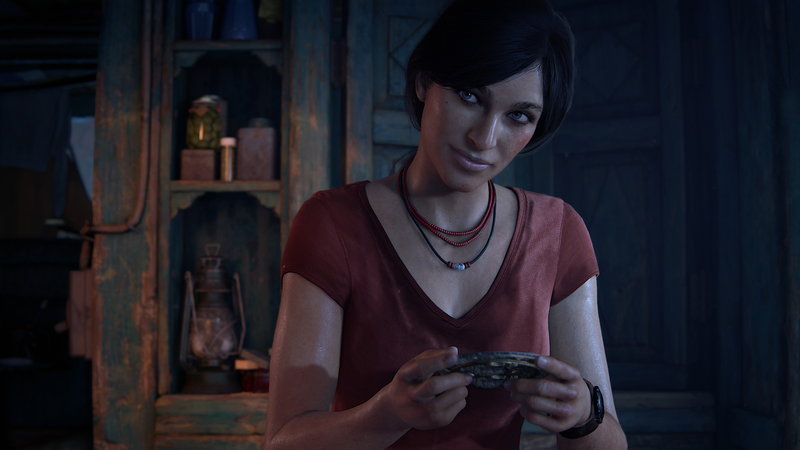
Early on in the story, before we reach the island, we’re paired with Nadine, an antagonist from the fourth game and a stern, tough, and stubborn woman whose stoic personality directly conflicts with Chloe’s sarcastic, witty demeanour. The character work here is astonishing. The game convinces its player that, even if there’s at first some hesitance at spending time with a character with seemingly few redeeming qualities, it’s worth the time spent. As relationships develop, we’re drawn into each personal conflict. In such a short space of time, at around about six hours playing time, the team at Naughty Dog manage to make The Lost Legacy feel as large as a full-length release. That comes despite a lesser urgency for scope.
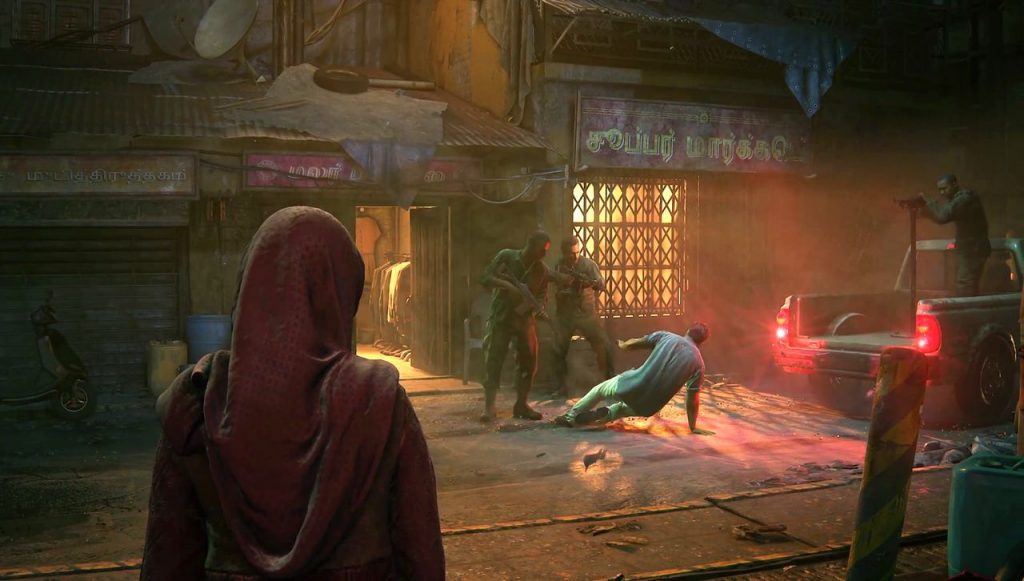
Uncharted 4: A Thief’s End, with all of its sweeping vistas and soaring emotional beats, is a blockbuster in every sense of the word. The Lost Legacy maintains that ambition, but the narrative’s broad reach is certainly the only thing sacrificed for the sake of a shorter runtime. The team makes the right sacrifices and gives its fans an adventure that proves Nathan Drake is not an essential part of the Uncharted experience.

Its villain is rather stock standard as far as the franchise is concerned; he’s an ambitious war-mongerer whose plans we, as Chloe, must thwart simply due to the fact that our paths inevitably cross. Dipping this villain and this story into the world of Hindu gods and mythology at least gives it a different flavour, and the character itself is suitably malevolent and yet for much of the game charismatic (though with a sinister edge). Chloe’s growth as a character is quite monumental and the villain acts as the perfect foil and push for that growth. The story, though, comes at odds with its gameplay, a facet of the entire series, where we experience some of the best dramatic character writing and it’s quickly followed by our massacring of countless red shirts from the other team. Death loses its meaning very quickly, but fortunately it’s never been about that.
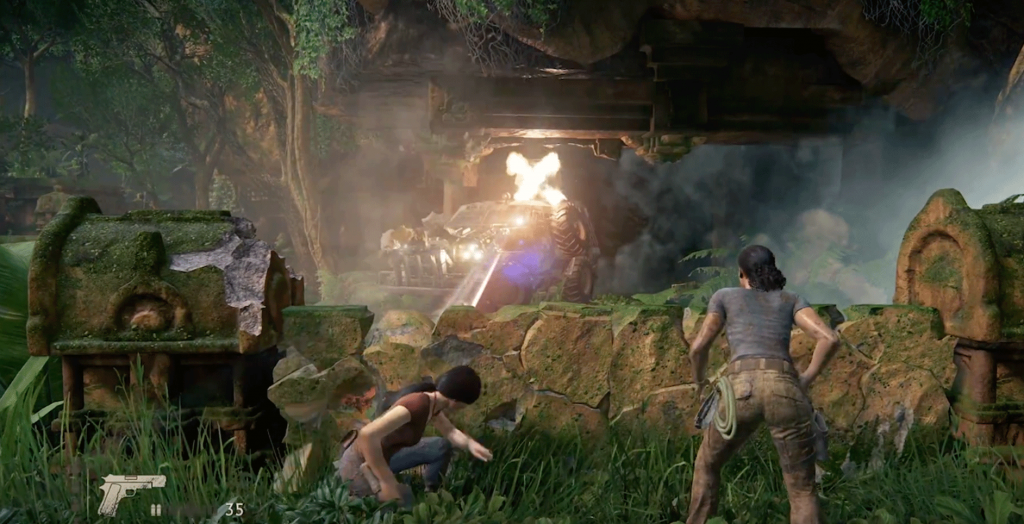
It’s been about the adventure. The Lost Legacy discards the iconic Uncharted theme but maintains the heart and spirit of the franchise. With fully realised characters and brilliant voice acting to match, It further negates the need for a big screen iteration of the story. Graphically, it can’t be beaten. It homages itself in its climactic battle, recalling similar events from the second game but with the added polish of a decade’s technological growth. And with its plethora of collectibles and optional dialogues, among other things, there’s plenty of reason to return to the game.
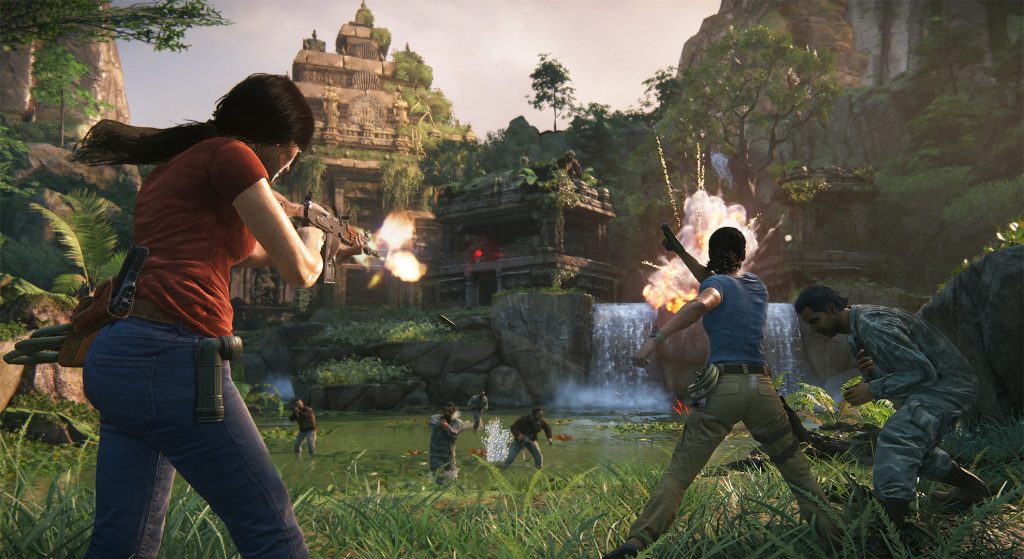
Is it the best Uncharted release to date? It may well be. The fact that the question has merit is enough praise for what was initially marketed as DLC expansion to A Thief’s End and it signifies the company’s complete commitment to every project, and earns the faith of its many fans.
Film ’89 Verdict – 9/10
Uncharted: The Lost Legacy is available on PlayStation 4 now.
